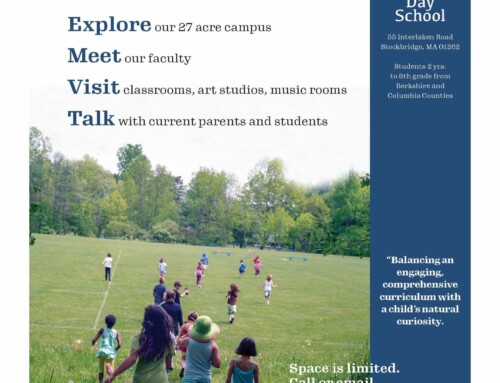My father-in-law is a professor of education. My husband, mother and most of my friends are teachers. I have worked at private schools for nine years. Needless to say, I spend a LOT of time thinking and talking about teaching and learning.
That is why it surprises people when I admit that before this year, my attitude towards my own children’s education was that I hoped their schooling wouldn’t mess them up too much. This isn’t because I had a terrible schooling experience. In fact, it was mostly fine and sometimes excellent. However, I spent the first several years of my son Charlie’s life hearing comments like “school may be hard for a kid like him,” or “he is so sensitive and creative that teachers and peers may not relate to him.” Then, when Charlie started school, I dealt with weeks of tummy aches that were only alleviated when he wasn’t at school. At the age of four, he was already declaring “I’m not that good at art, or math, or writing.” After parent/teacher conferences, I often felt like his teachers were doing their best to simply deal with my child.
Flash forward to this year. My confident 5-year-old boy thinks he can do anything. We went to the Clark last week and as we left, he said, “I think I may have some of my art in the Clark someday.” As we walked on the Williams Campus, he told me he just wasn’t sure if he would play hockey at Harvard or soccer at Williams. Wha-at? How did my nervous little child turn into this confident little man?
BCD and his teachers. He now goes to a school where his teachers inspire the individual promise in him rather than just deal with him. And they dedicate themselves to evaluating, measuring, and finding ways to be more inspiring. How do I know this? Well, that is one of the perks of working at BCD. I get to listen, read and observe faculty discussions about these topics. For example, today, the entire faculty gathered in groups to discuss how they could better educate our children. These conversations are part of the two-year New England Association of Schools and Colleges (NEASC) accreditation process, but they are just the latest in a stream of these types of conversations. Similar conversations happened during the strategic planning process several years ago.
I appreciate that at BCD our teachers are encouraged to become better educators themselves and to help BCD more fully reach our mission. From conversations with friends and family, as well as my own experiences with previous schools, I know that these efforts are not always supported. I am thankful that BCD makes time for teachers to discuss and imagine how to improve their work.
I am also personally inspired by the intelligence and thoughtfulness of BCD’s faculty. Not only are they talented teachers in the classroom but they also have excellent ideas about how to improve the facilities, schedule, curriculum, and other elements of the School’s program. And, most importantly, they are able to refocus administrators like me on what BCD is really about – inspiring the promise of each child.
And so, inspired by our teachers’ work, I am going into the final three months of the year with renewed energy and focus. As development director, it is my job to find resources to support these great teachers efforts to inspire, rather than just deal, with each of our children. I thank all of you who have joined this effort, and hope many more will join us.


Great post, and one I really relate to: Jordan had a similar experience of increased confidence and happiness after switching to BCD. Thanks for sharing your experience and insights!